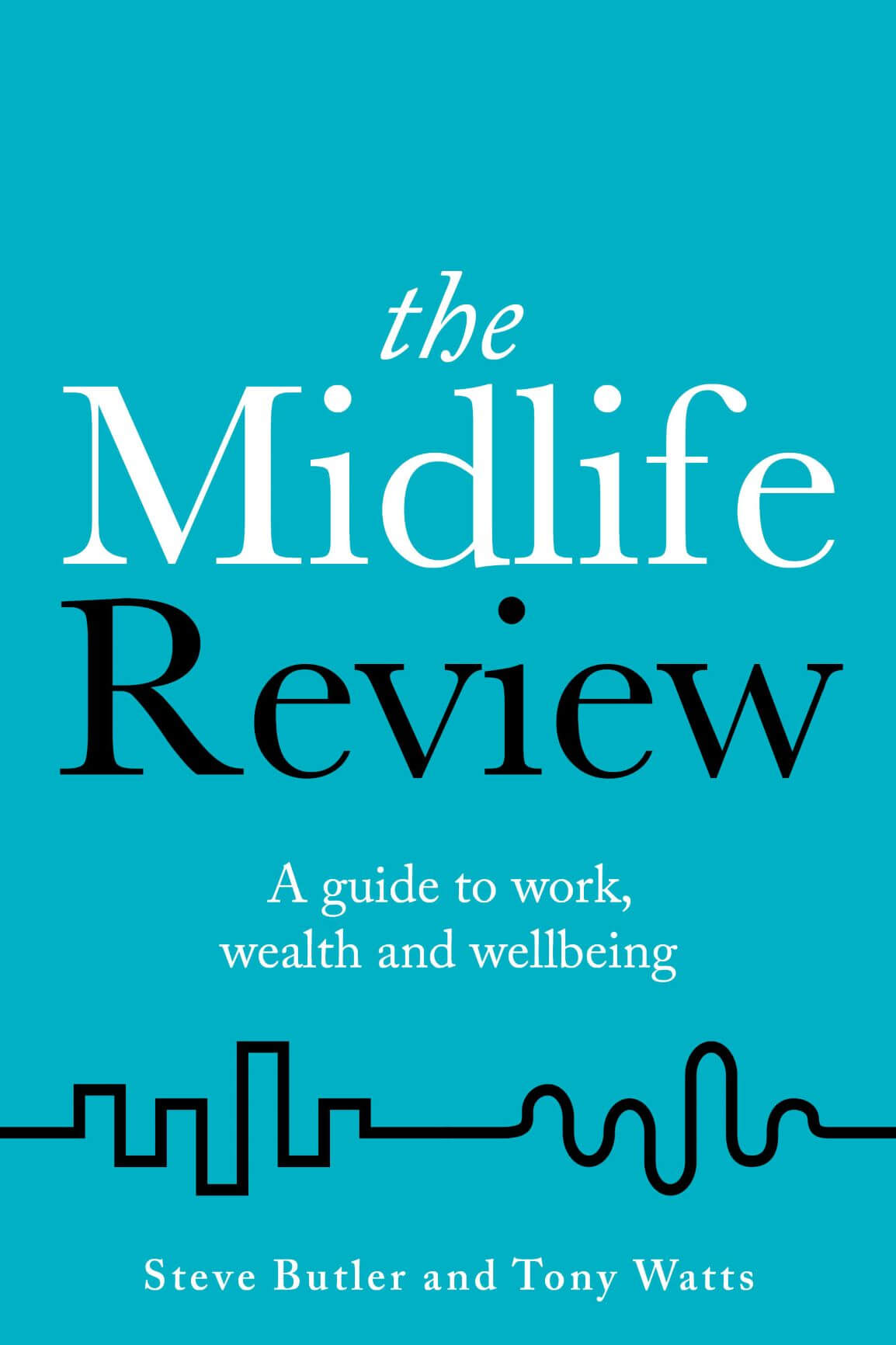Why Mid-Lifers Are The New Millennials
Contrary to popular belief, the workforce is getting older.

For the last decade Millennials have been the largest generation in the workforce, and there has been much written about how to support this energetic and diverse generation in the workplace.
However, the new challenge businesses face is that by 2025, there will be one million more people aged 50 and over and 300,000 fewer people age 30 and under in the workplace. One in three of the working age population will be 50 or over.
As life expectancy rises and pension provision becomes less generous. The very real prospect of working for 50 to 60 years will make it ever more difficult to stay on one career trajectory.
It is only natural that people working for that long will want, at some point, to stop, re-evaluate, take time out to pursue other interests or explore other avenues.
Given the ability to do so, many of us will choose to change our role, work less and/or take more time to pursue personal passions in our later working years, or to care for other family members.
This will lead to companies to experience an exodus of talent and experience, just as the pipeline of younger people coming through dwindles. Should your recruitment strategy change if it becomes normal for people in their 40s and 50s to temporarily “drop out”, wind down or retrain?
What about retention: how can you keep your best people under these circumstances? And what kinds of skills will you need to give your staff to help them through this part of their career?
Supporting midlife employees
The idea of a midlife review is starting to gain traction as the mechanism to stimulate a conversation between employers and employees about next steps, second careers and flexible career solutions.
Unlike performance reviews, midlife reviews are not concerned with someone’s performance over the last period, salary and benefits etc. Instead, they focus on mid to long-term plans and consider a person’s situation holistically: reflecting on their financial situation, work aspirations and wellbeing.
They explore everything that impacts a person’s work and helps them gain a clear perspective on what they want from their future – this could mean going part-time, changing roles, winding down to retirement or leaving the workplace entirely.
The midlife review should focus the individual’s mind on four areas:
- What do they still want to accomplish over the next 10 - 20 years? How do they see their role changing – and what new skills might they need to make this happen?
- Do they have the funds necessary to make their pre-retirement lifestyle possible, for example if they want to reduce their hours? If not, what do they need to do to afford the life they want?
- They need to understand when they will eventually be able to afford to retire, wind down work, based on the pensions or other savings they have available.
- To continue being productive for another 10 - 20 years, you need to stay as fit and healthy as possible. What steps can you take to make this more likely?
As a midlife review will cover wealth, health and work, it may be advisable to bring in outside consultants or advisers, especially if this expertise dos not already exist in-house.
Discussing someone’s career aspirations and options could be handled by an internal HR department, but if companies are looking to build trust with employees who might harbour anxieties about the motives behind a midlife review, using an outside HR specialist (at least in the initial stages) could prove a good investment.
There is no ‘one size fits all’ approach. A good starting point for an employer is to look at what has worked well in other companies, put those lessons into context and then create a personalised template for their organisation.
Testing the template with a small group of employees before rolling it out companywide is a good idea.
A midlife review helps employees plan the important second phase of their career and enables employers to work with them to decide how they can best be supported.
The review includes deciding what kind of training or upskilling they might need, considering any changes to working patterns and tailoring the benefits package to suit older workers.
Ultimately, it helps employers to make the most of their existing workforce, to reduce the risk of losing valuable talent and ensure people can enjoy fulfilling careers and continue contributing as much as possible, for as long as possible.
Steve Butler is the author of new book The Midlife Review: A Guide to Work, Wealth and Wellbeing, published by ReThink Press and available in paperback and ebook from amazon.co.uk.

Thanks for signing up to Minutehack alerts.
Brilliant editorials heading your way soon.
Okay, Thanks!

